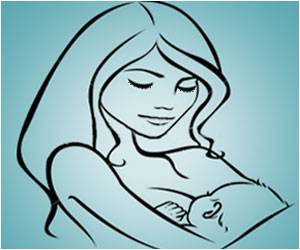
‘Breastfeeding is not enshrined in law or controlled by doctors or midwives, but 'Breast is Best' has become so toxic that women are policing each other.’
Tweet it Now
Professor Jung says she decided to breastfeed her children because she believed the “conventional wisdom surrounding breastfeeding”.Because she’s a political scientist, she also decided to try to find out how much of the conventional wisdom was true, “only to find that much of it was far removed from what scientists actually knew” to be true. For many women, 'Breast is Best' isn't the empowering message its proponents claim. Rather, it's robbed women of the very thing we were fighting for: bodily autonomy. It gives women only two options: to breastfeed and be a good mother or to bottle feed and be a bad mother.
There is strong evidence that breastfeeding has no impact on obesity or type 1 diabetes, asthma, allergies, dental cavities, or the following types of cancer: acute non-lymphoblastic leukaemia, non-Hodgkin lymphoma, central nervous system cancers, malignant germ cell tumours, juvenile bone tumours, and other solid cancers.
“The evidence of other long-term health benefits, such as reducing the risk of cardiovascular disease, high blood pressure, or Type 2 diabetes, is either weak or inconclusive.”
Recent research suggests that the benefits of breastfeeding have been overstated. When socioeconomic factors are taken into account there's no difference in the health and development of breastfed babies versus those who are bottle-fed.
Advertisement
Source-Medindia












